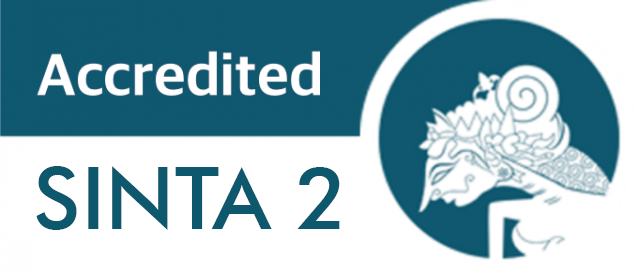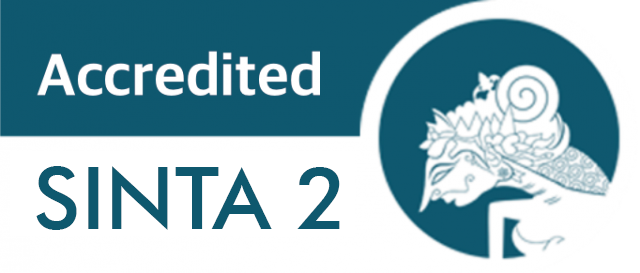The Effect of Administering Omega-3 Supplements on Serum Lipopolysaccharide (LPS) Levels in Schizophrenia Patients Who Are Taking Atypical Antipsychotics in the Psychiatric Hospital of Prof HB Saanin Padang
Downloads
Introduction: Schizophrenia is a severe mental disorder that ranks among the top 10 major contributors to global disability. Schizophrenia is a disorder of brain function in the form of impaired perception, thoughts, feelings, cognitive processes, and behavior. They require long-term atypical antipsychotics for therapy, but they have secondary effects on food intake and cause intestinal dysbiosis, one of which is characterized by increased serum lipolysaccharide (LPS) levels. We aim to examine the impact of omega-3 supplementation on serum LPS levels in schizophrenia patients utilizing atypical antipsychotics. Methods: This research is an experiment with a randomized pretest-posttest control group design and a triple-blind study in Prof. HB Saanin Padang’s psychiatric hospital and the Biomedic Laboratory, Faculty of Medicine, Andalas University, from July 2023 to February 2024. The research sample consisted of 15 individuals who received 1000 mg Omega-3 PUFA (180 mg EPA and 120 mg DHA) daily for 21 days, and another 15 individuals who served as the control group. We checked the serum LPS levels using ELISA in duplicate on days 0 and 22. We analyzed the data using the paired t-test. Results: There was a significant difference in serum LPS levels in schizophrenia patients taking atypical antipsychotics before and after being given omega-3 supplements in the inpatient ward of Prof. HB Saanin Mental Hospital Padang with p = 0.02 (p < 0.05). Conclusion: Omega-3 supplement 1000 mg/day can reduce serum LPS levels in schizophrenia patients who receive atypical antipsychotic therapy.
Copyright (c) 2024 Sri Mulyanti

This work is licensed under a Creative Commons Attribution-ShareAlike 4.0 International License.
1. Copyright of this journal is possession of the Author, by the knowledge of the Editorial Board and Journal Manager, while the moral right of the publication belongs to the author.
2. The journal allows the author(s) to retain publishing rights without restrictions.
3. The articles are published under a Creative Commons Attribution Share-Alike (CC BY-SA) license. Many research funding bodies prefer the CC BY-SA license because it allows for maximum dissemination and re-use of open access materials. Users are free to share (copy, distribute, and transmit) and remix (adapt) the contribution under this license, including for commercial purposes, as long as they attribute the contribution in the manner specified by the author or licensor.




























